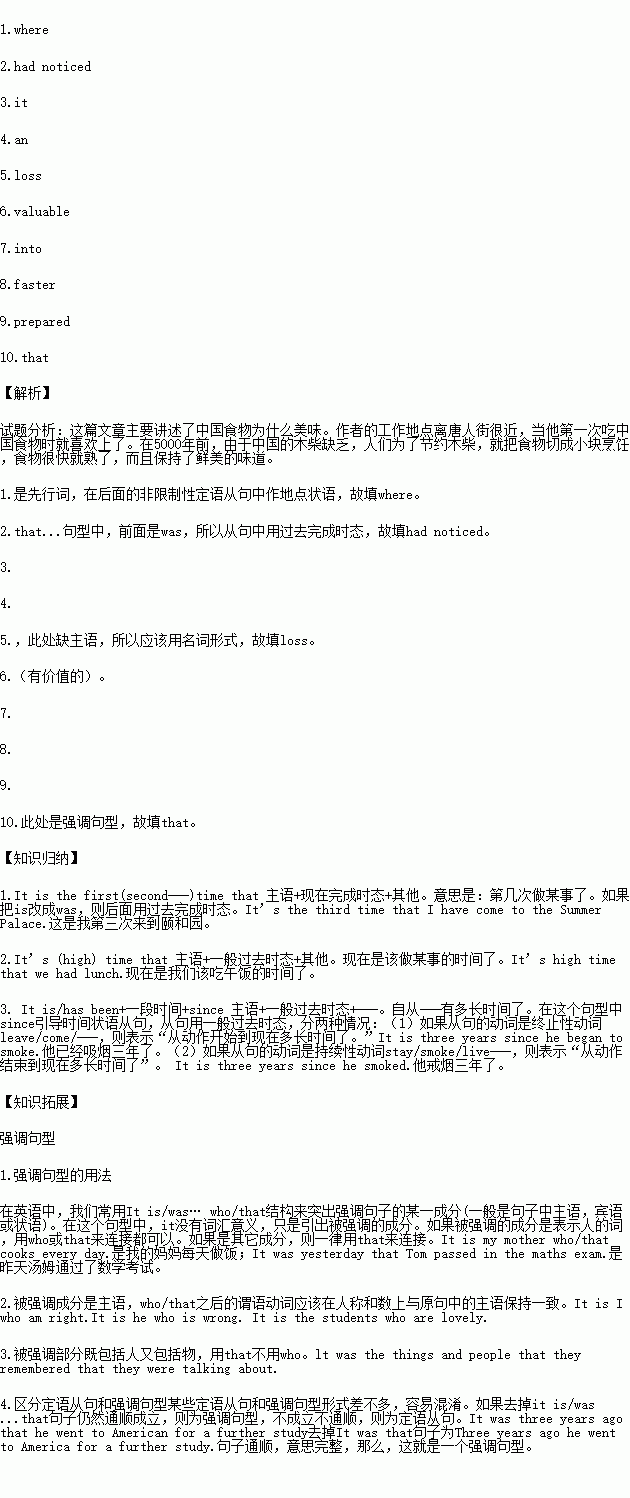JOHANNESBURG—They say cats have nine lives. Now a Chinese toad(蟾蜍) has joined that club of clever survivors.
South Africans are shocked at the endurance of a toad that got trapped in a cargo shipment from China to Cape Town, after jumping into a porcelain candlestick(烛台) that was made there. South African officials reportedly planned to put down the creature, fearing it would cause harm as an invasive species if it were let go in the wild.
But the toad got a last-minute pardon. Mango Airlines, a South African airline, transported the toad on Friday to Johannesburg for delivery to an animal shelter, after officials decided to find a way to let the toad live. The two-hour flight was a breeze compared to the trip from China, a long way of many weeks and thousands of kilometers across the Indian Ocean.
Airline spokesman Hein Kaiser said the toad got “first-class treatment”, sitting in a transparent plastic container with escort Brett Glasby, an animal welfare inspector. There was even a ceremony, in which the toad’s boarding pass was handed to Glasby.
“He was the star of the show on the flight,” Kaiser said of the amphibious(两栖的) passenger. “I think every passenger stopped to have a look.”
On landing in Johannesburg, the toad was brought out of its container for a celebrity-style photo shoot. Observers said the brown toad seemed like a cool customer. It belongs to the Asian Toad species, which breeds during the monsoon(季风) season. It is believed to have survived the trip from China by hardening its skin to prevent it from drying out, and also by slowing its breathing and heart rate—methods that help the species survive in times of drought.
“We’ve had snakes in imported timber and scorpions(蝎子) in fruit. We were called because the toad was right inside the candlestick, and we had to break it to get it out” Glasby, the inspector, told The Star, a South African newspaper.
1.What is the passage mainly about?
A. Asian toads can’t get used to the life in South Africa.
B. South Africa ignores the protection of animals.
C. An Asian toad gets a new home in South Africa.
D. Workers shipped a toad to South Africa on purpose.
2.If the toad is released into the wild, ________.
A. it will make the locals feel shocked
B. it will lose its life in the wild
C. it might flee into another country
D. it might harm the native species
3.The toad was able to arrive in South Africa alive ________.
A. because it formed hard skin to protect itself
B. because it escaped all attacks and hunts
C. because it used to stop its breath in winter
D. because it was lucky to be given a chance
4.It can be inferred from the passage that ________.
A. a candlestick is the best place for a toad
B. droughts make toads live longer
C. sometimes animals are transported accidentally
D. no one has seen such a big toad in Africa


